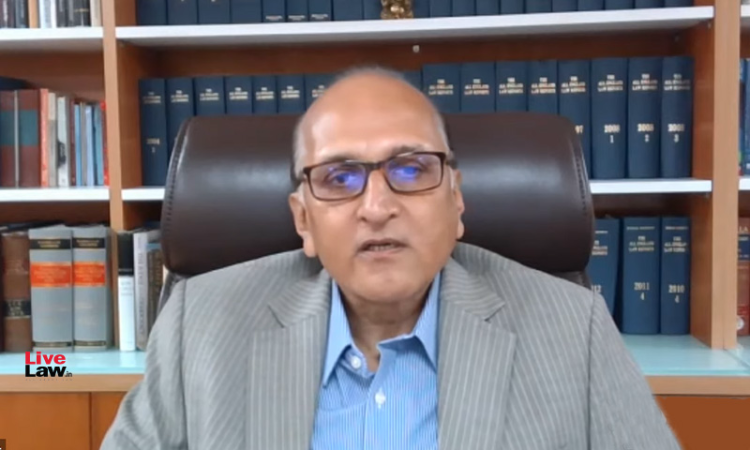"The State Has To Protect People Exercising Free Speech From Groups Threatening Them For Their Views": Justice Ravindra Bhat
Mehal Jain
27 Sept 2021 9:38 AM IST

Next Story
27 Sept 2021 9:38 AM IST
"The promise of free speech or free association would be of little use if a segment of the population threatens the free enjoyment of rights by others; rights would only be academic then. The State must act actively engage in the promotion of fundamental rights, in upholding the freedom of thought, expression, and of legitimate speech which can be contrary to the dominant discourse,...
